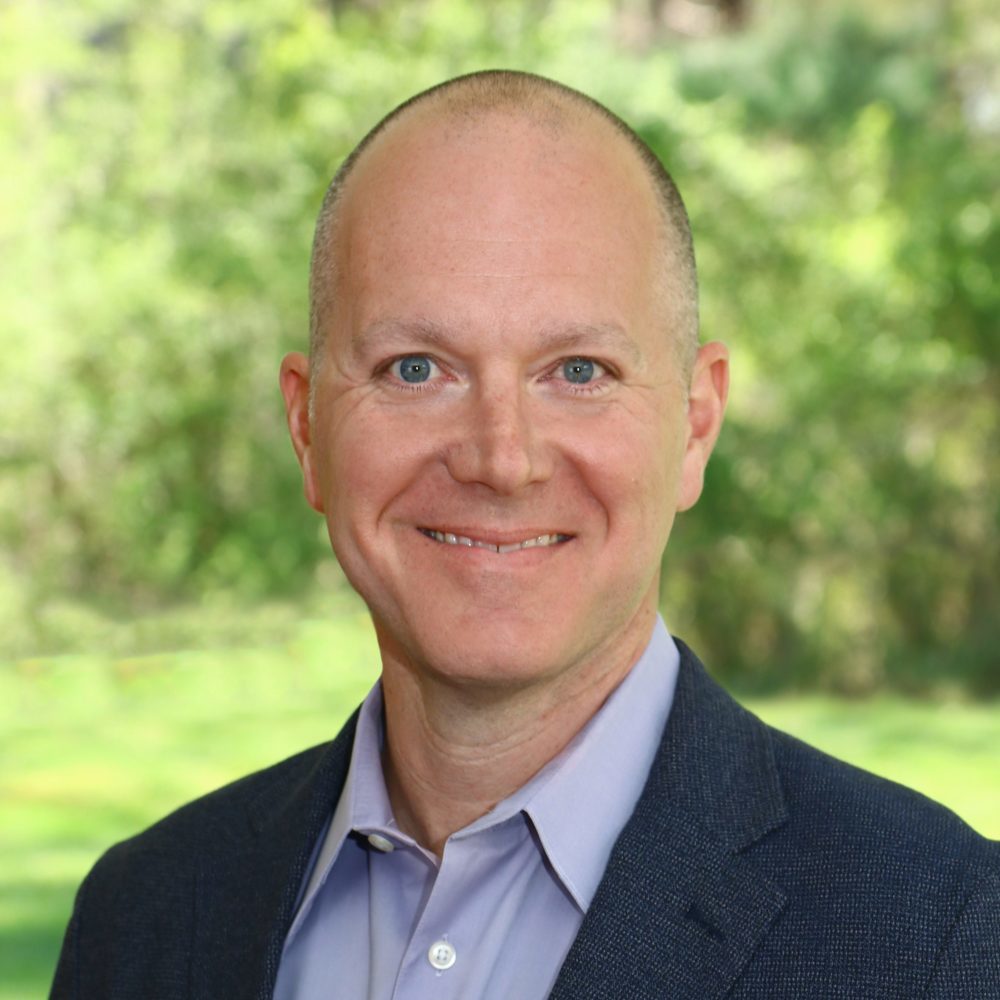When Jesus Said “No”
Today, I offer you the opportunity to watch one of Catholic Leadership Institute’s training videos: a powerful message written and recorded by the late Bishop George Niederauer. Bishop agreed to record this reflection specifically for us and his message is woven into the fabric of many of Catholic Leadership Institute’s trainings.
As we strive to support the entire spectrum of Catholic leaders in growing in health, happiness, and holiness, our training mirrors the leadership lessons inspired by our Lord. As leaders seek to balance competing priorities and demands, Bishop’s powerful reflection reminds of the priority that truly matters most.
CLICK BELOW to watch Bishop deliver a leadership lesson in the spirit of Jesus. The video is 6 minutes long, below is the text as well if you prefer to read and reflect.
But today I also want to thank you for your “yes” to Catholic
Leadership Institute… a “yes” that helps others grow in the leadership,
lessons, and love of our Lord.
WHEN JESUS SAID "NO"
"Jesus Christ…was not alternately 'yes' and 'no;' he was never anything but 'yes.' So wrote St. Paul to the Corinthians (2 Corinthians 1:19). If it is true that our high priest was always "yes," does that mean that we, his priests, must be prepared to answer "yes" to every demand, every request, and every situation, no matter what? Must a priest feel selfish or lazy or inadequate with each "no" he says? Is the alternative to self-destruct on work or to "O.D." on "yeses"?
Neither Paul nor Jesus taught or lived those extremes. Jesus was, indeed, always "yes" to the Father’s loving will. His priestly disciples in turn must always be "yes" to Jesus and to the Father. But being and saying "yes" to the Lord can involve being and saying "no" to ourselves and to others, even to apparently legitimate requests for a "yes."
We priests often find it difficult to keep this matter straight in our daily lives. One danger is that we can confuse being a good priest with being a "yes" man or with pleasing everybody all the time. As a defense against this danger, it is constructive, though admittedly unusual, to read the four gospels looking for the times when Jesus said "no"!
Jesus did say "no," and not only to Satan three times in the desert. Jesus said "no'" or its equivalent when a ‘yes’ did not fit in with his ‘yes’ to the Father: The instances are many. First of all, Jesus said "no" to ordinary human requests: let me bury my father before I follow you NO (Matthew 8); tell my sister to help me with the housework- NO (Luke 10); tell my brother to be fair with me about our inheritance-NO (Luke 10); stay in our town a little longer-NO (Luke 4); (to the cured Gerasene demoniac) let me follow you-NO (Mark 5).
Close, loving friends, with apparently the strongest personal claims on him, also asked favors: give my sons a special privileged place next to you-NO (Mark 10); stop talking about your death like that- NO (Mark 8); tell us when the last things will occur-NO (Acts 1); call down fire from heaven to destroy those that reject you-NO (Luke 9).
Also, there were the demands of the crowds: work a sign for us right here and now-NO (Matthew 12); do here in your own town the things we have heard you did in Capernaum-NO (Luke 4); give us again today the bread you gave us yesterday- NO (John 6).
Finally, Jesus received many common-sense, law-and-order, respectable-citizen kinds of requests: send the crowd away, they're getting hungry-NO (Luke 9); keep this crowd quiet NO (Luke 19); make your followers fast like those of John the Baptizer-NO (Mark 2); surely you have some answer to these accusations against you-NO (Mark 15).
Jesus said "no" whenever he had to do so in order to continue his lifelong "yes" to his
Father's loving, saving will. So it must be for his priests. We must say daily the right "yeses" and "nos" in order to live out our lifelong "yes" to Jesus and his Father in the Spirit.
The right "yeses" and the right "nos"- that's hard to be sure of, hard to do. But the "nos" are usually the hardest to say. We priests must say "no" daily to anyone or anything that gets in the way of worship and prayer. If our lives are run by the appointment book, then our attitude must be: "If you can't beat 'em, join 'em." Why not write the name "Jesus Christ" right into the half-hour slot between Mrs. Nardoni and the Blake Wedding. If doing that sounds and feels strange, perhaps the strange feeling is evidence of how real Jesus' invitation to prayer is to us, compared with the Blake wedding and Mrs. Nardoni.
We priests have other "nos" to say. We must say "no" to habits or activities or involvements which weaken our service to the Lord and his people; "no" to laziness and to ruts, as well as to spreading ourselves too thin; "no" to whatever gets in the way of our physical and emotional health- any addiction, whether to alcohol, drugs, food, leisure, work, or whatever; "no" to relationships which are so demanding that our "yes" to the Lord is compromised. In our service to people we must say "no" to being an "answer man," to being afraid to say "I don't know" or "I can't right now" or "I'll have to pray and think about that"; we need to say "no" to people who want us to tell them what they want to hear, but also we need to say "no" to ourselves, when we want to say to people whatever we feel like saying, whether it is what they need to hear or not.
This catalogue of "nos" can sound very bleak. But we must remember that the right kind of "no" can be a very loving word, especially as Jesus uses it, and as he calls us his priest disciples to use it in the service of the kingdom. Jesus can fill the word "no" with love, with the ultimate "yes" of love. He can teach us to do that too, if we let him.
When I listed above the times Jesus said "no" or its equivalent in the gospels, it may have seemed that I left out not a one. But I did. I omitted a very important "no" of Jesus. As sinful, sometimes fearful disciples and priests, we can find this particular "no" of Jesus most consoling to remember. Very early in his public ministry, Jesus heard one of his future disciples cry out to him in fear: "Depart from me, 0 Lord, for I am a sinful man." He actually said, "Depart from me, Jesus." And with Peter's whole future life hanging in the balance, Jesus very firmly, very tenderly, very lovingly, answered "No."
Copyright© 1978 George H. Niederauer
George H. Niederauer
St. John's Seminary College
Camarillo, California 9301
This article was written while the author was the Spiritual Director at St. John's Seminary College in Camarillo, California. The late author was also the former Archbishop of the Archdiocese of San Francisco, California and former Bishop of Diocese of Salt Lake City, Utah.
Our President & CEO Daniel Cellucci's weekly email, the DIAL: Discerning Insights About Leadership.
CLI serves Church leaders, helping them rediscover their potential and forming them to be more intentional with those they serve.
CLI helps empower and energize Catholic leaders by providing focus and courage to engage the culture with an apostolic mindset.



